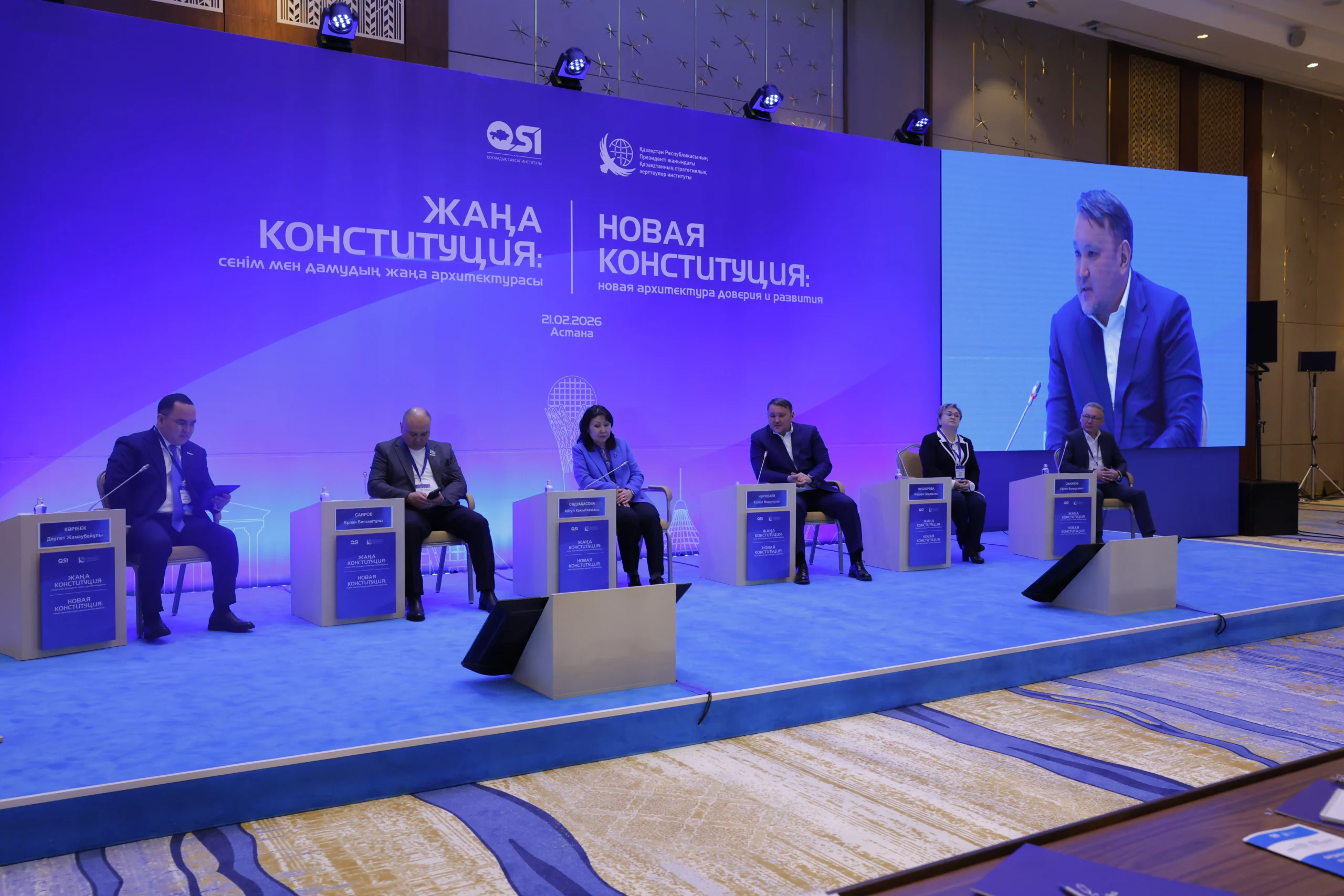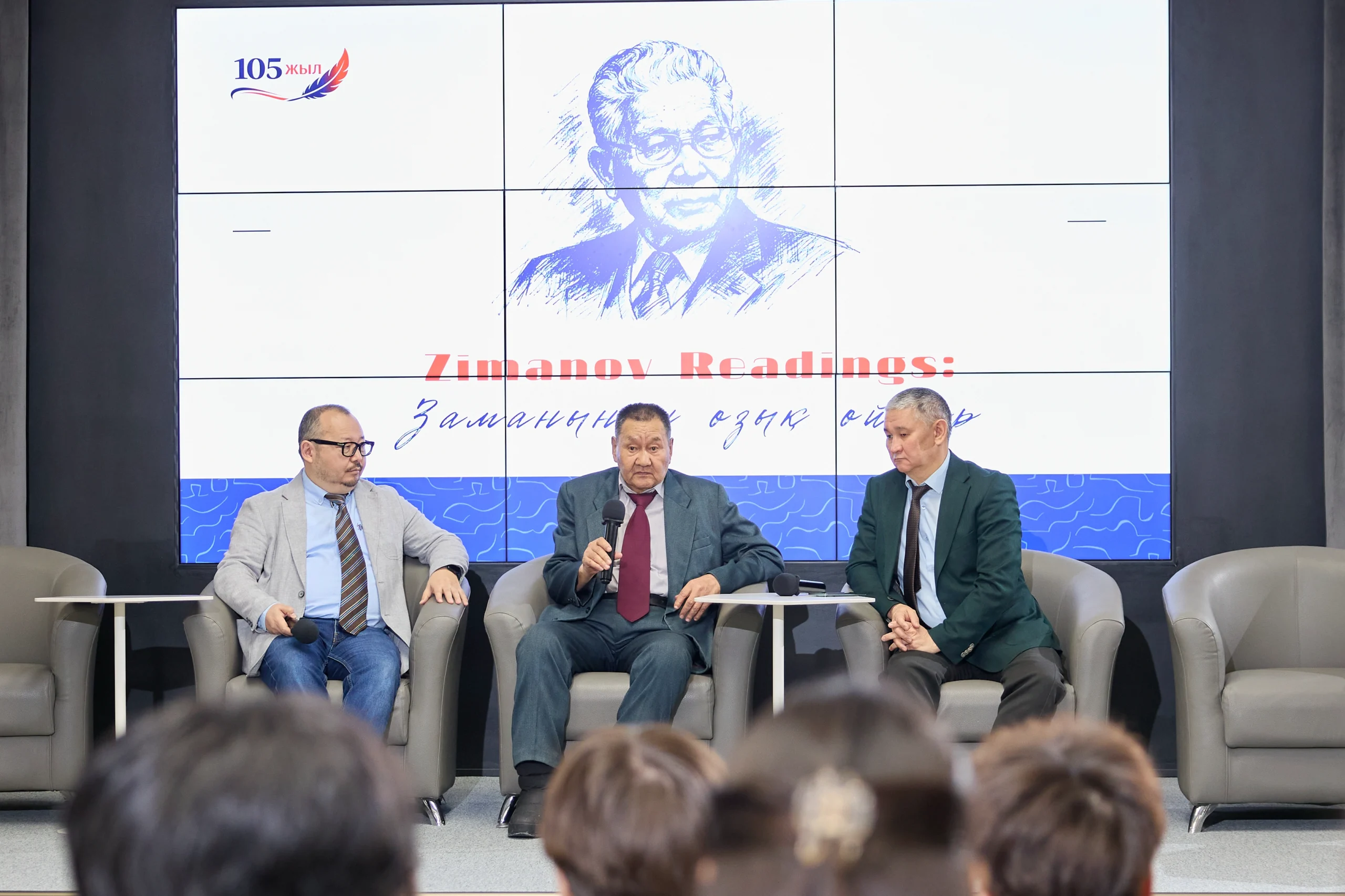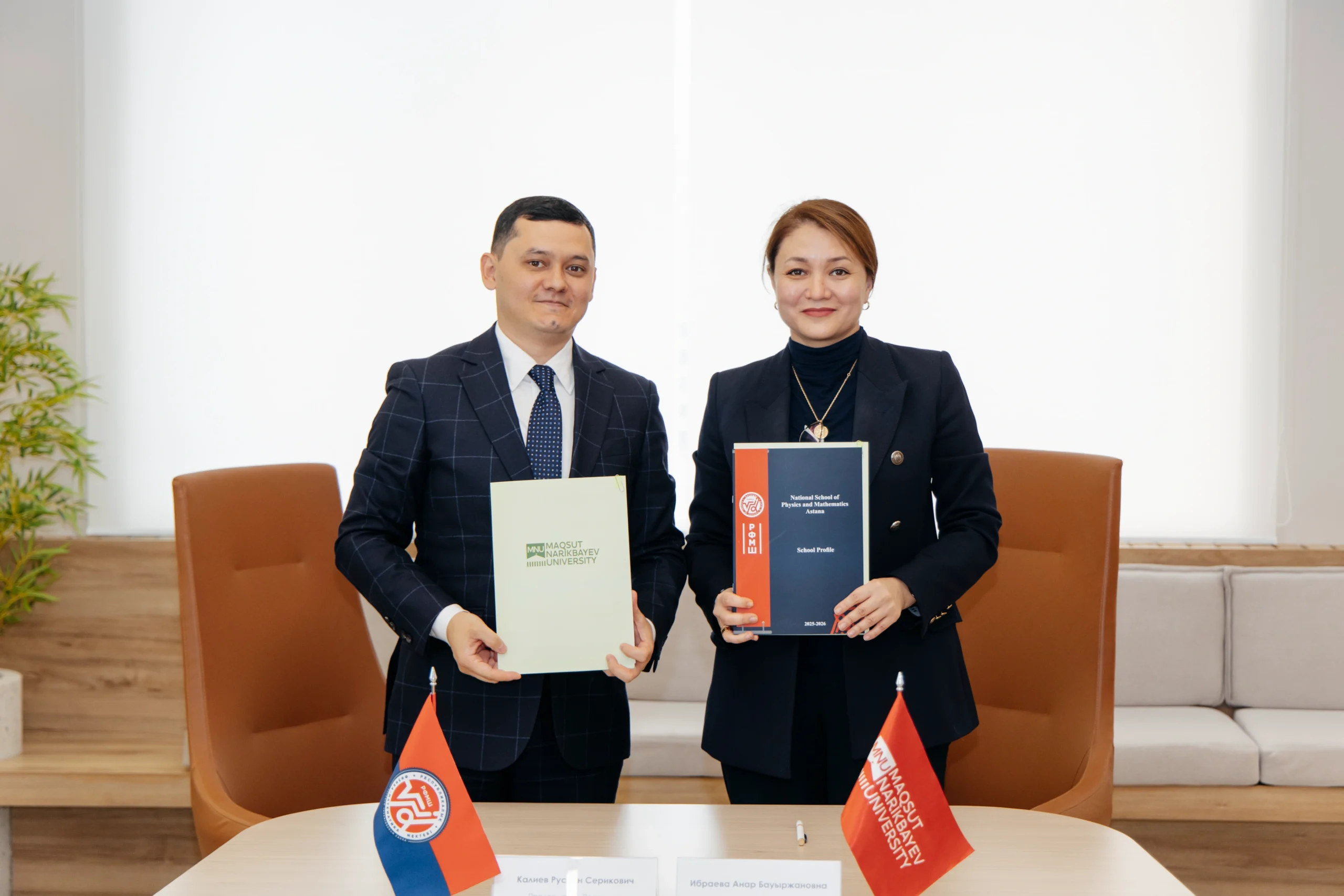The project team has conducted:
- An analysis of regional planning and management processes related to climate change, taking into account that Kazakhstan ranks 11th in the world in terms of carbon intensity of GDP and is among the top 15 countries in terms of CO2 emissions per capita;
- The identification of key barriers as part of Kazakhstan’s accession to the Global Methane Pledge initiative, including insufficient monitoring and control of methane emissions, a lack of clear methodologies and standards for measurement and reporting, and problems with financing and training of qualified specialists.
The project team proposes to:
- Make amendments to Kazakhstan’s Environmental Code aimed at reducing methane emissions, including measures to capture and utilize methane at landfills and abandoned coal mines, as well as expanding producers’ obligations to finance reforestation projects;
- Develop and implement mechanisms to finance and encourage forest planting, including the establishment of private nurseries and mass tree planting projects, which is in line with the President’s mandate to plant 2 billion trees within five years;
- Create a dialogue platform for business, government and science to interact on climate issues, with a focus on methane, to develop industry methodologies and technologies to manage emissions;
- Develop training modules on climate for inclusion in the educational programs of universities and organize short-term courses for professional development of the staff of relevant ministries;
- Introduce biofuel and organic fertilizer production in agriculture, and develop food rations for public institutions that reduce beef consumption, thus reducing methane emissions;
- Include climate issues in the Concept of Environmental Culture Development for 2024-2029 and organise National and Central Asian Climate Championships to stimulate climate knowledge and skills.






